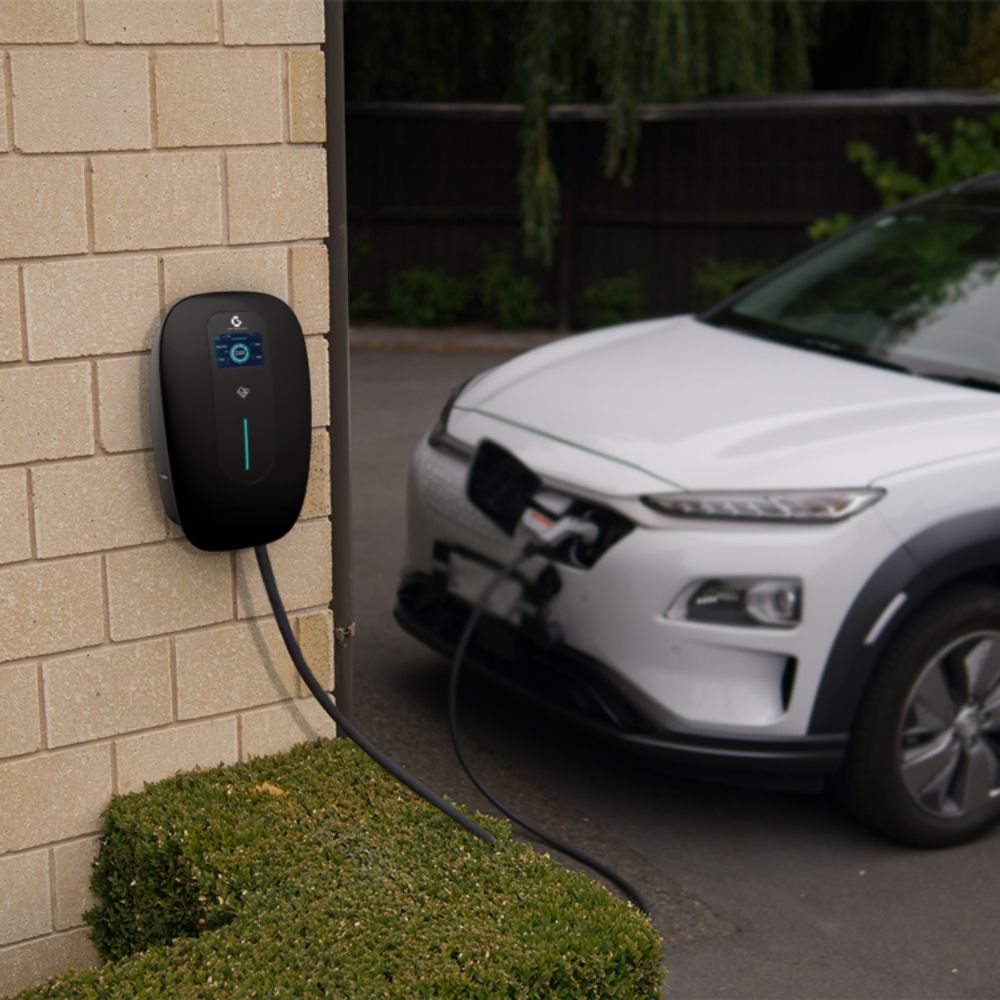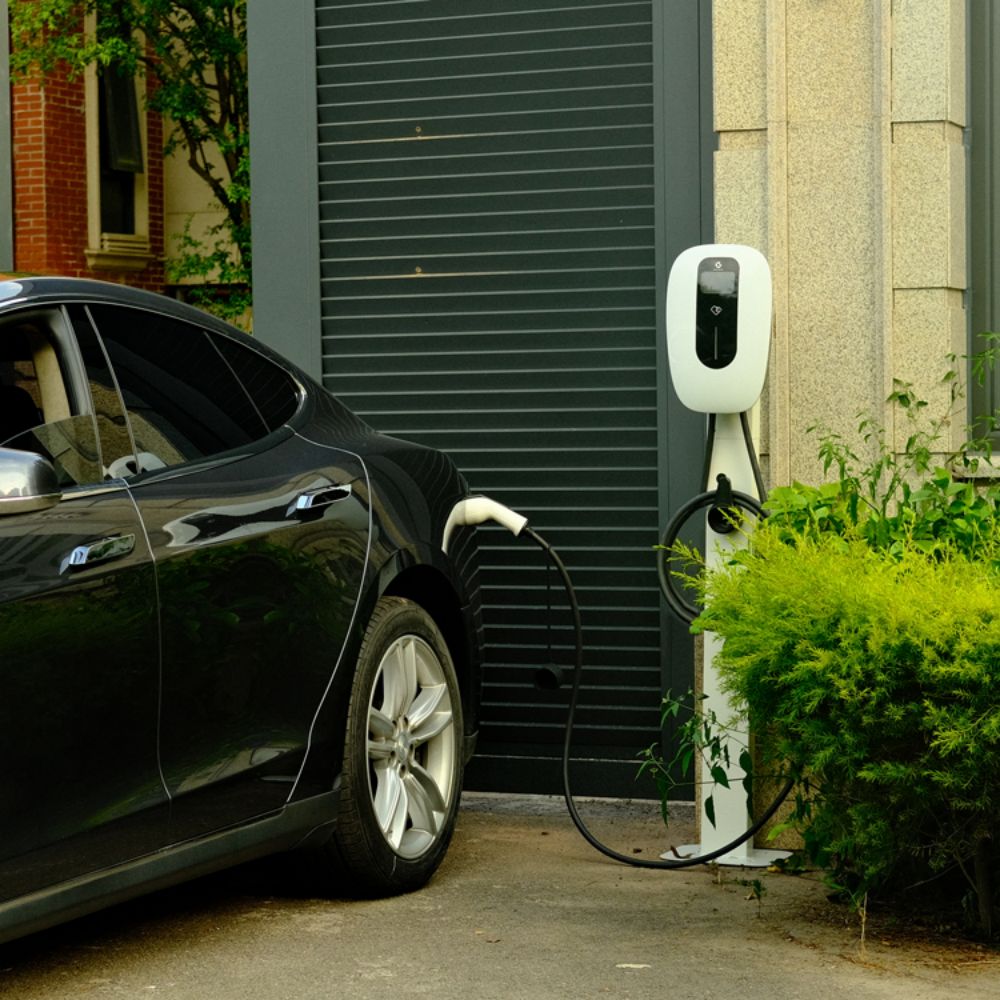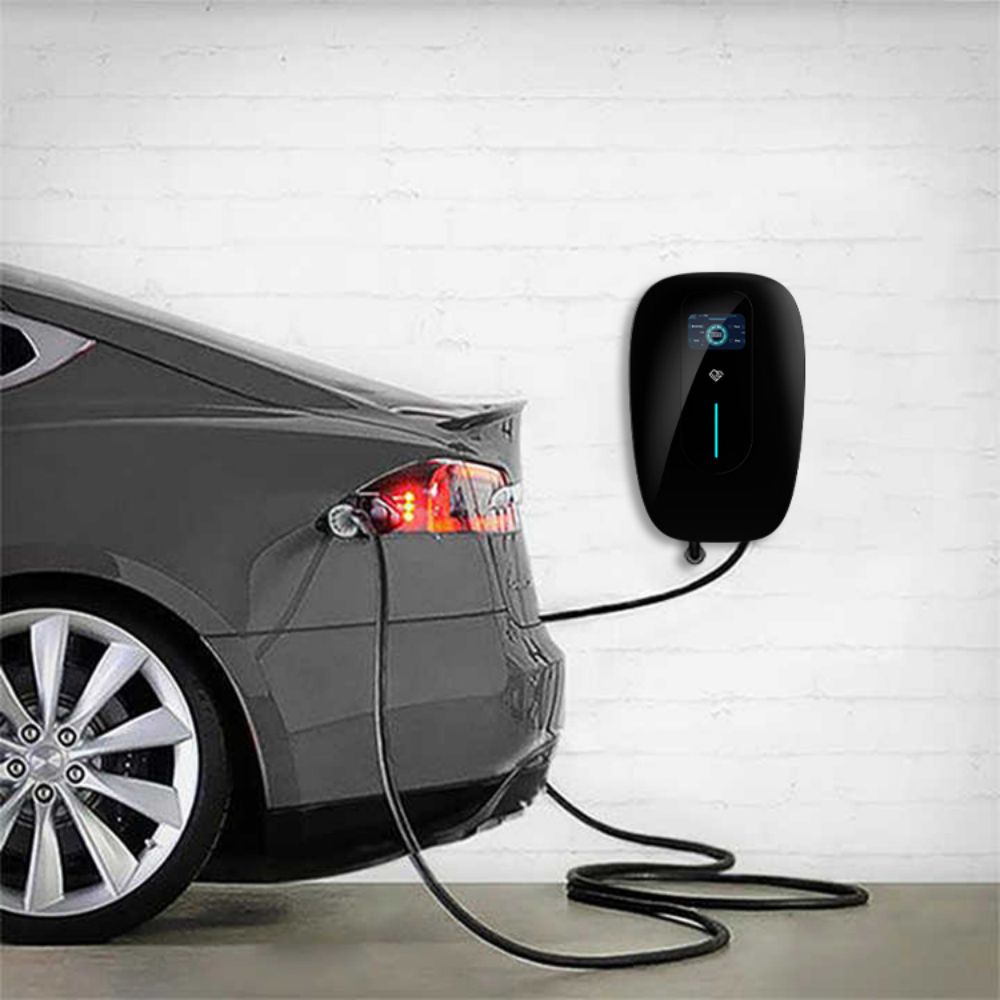In recent years, Uzbekistan has taken significant strides towards embracing sustainable and environmentally friendly modes of transportation. With a growing awareness of climate change and a commitment to reduce carbon emissions, the country has turned its attention towards electric vehicles (EVs) as a viable solution. Central to the success of this transition is the development of a robust EV charging infrastructure.
Current Landscape
As of [current date], Uzbekistan has witnessed a gradual but promising expansion of its EV charging infrastructure. The government, in collaboration with private enterprises, has been working diligently to establish charging stations across key urban centers and major highways. This concerted effort aims to address the range anxiety often associated with electric vehicles and encourage their widespread adoption.
Urban Charging Hubs
Tashkent, the capital city, has emerged as a focal point for the deployment of EV charging stations. Urban charging hubs strategically placed in shopping malls, parking lots, and other high-traffic areas are making it increasingly convenient for EV owners to recharge their vehicles. These hubs typically offer various charging speeds, catering to the diverse needs of electric vehicle users.
Fast-Charging Along Highways
Recognizing the importance of long-distance travel, Uzbekistan is also investing in a network of fast-charging stations along major highways. These stations utilize advanced charging technology, significantly reducing the time required for EVs to recharge. This initiative not only supports inter-city travel but also promotes tourism by encouraging eco-friendly road trips.
Government Incentives
To further incentivize the adoption of electric vehicles, the Uzbekistani government has introduced various policies and incentives. These include tax breaks for EV owners, reduced import duties on electric vehicles, and subsidies for the installation of private charging stations. Such measures aim to make electric vehicles more accessible and attractive to the general population.
Public-Private Partnerships
The development of EV charging infrastructure in Uzbekistan is not solely reliant on government efforts. Public-private partnerships have played a crucial role in accelerating the deployment of charging stations. Private companies, both domestic and international, have been keen on investing in the country’s EV ecosystem, contributing to the overall growth of the electric vehicle market.
Challenges and Opportunities
Despite the progress made, challenges remain. One key hurdle is the need for continued investment in charging infrastructure to keep pace with the increasing number of electric vehicles on the road. Additionally, public awareness campaigns are vital to dispel myths surrounding electric vehicles and foster a positive attitude towards sustainable transportation.
The ongoing evolution of Uzbekistan’s EV charging infrastructure presents numerous opportunities. Beyond the environmental benefits, the electric mobility sector can stimulate economic growth, create jobs, and position Uzbekistan as a regional leader in sustainable transportation.
Conclusion
Uzbekistan’s journey towards a greener, more sustainable future is undeniably linked to the development of a robust EV charging infrastructure. As the country continues to invest in this critical aspect of electric mobility, the landscape for electric vehicles is expected to evolve rapidly. With a combination of government support, private investment, and public awareness, Uzbekistan is well on its way to establishing itself as a trailblazer in sustainable transportation within the Central Asian region.
If want to know more about this, please feel free to contact us.
Tel: +86 19113245382 (whatsAPP, wechat)
Email: sale04@cngreenscience.com
Post time: Jan-31-2024







